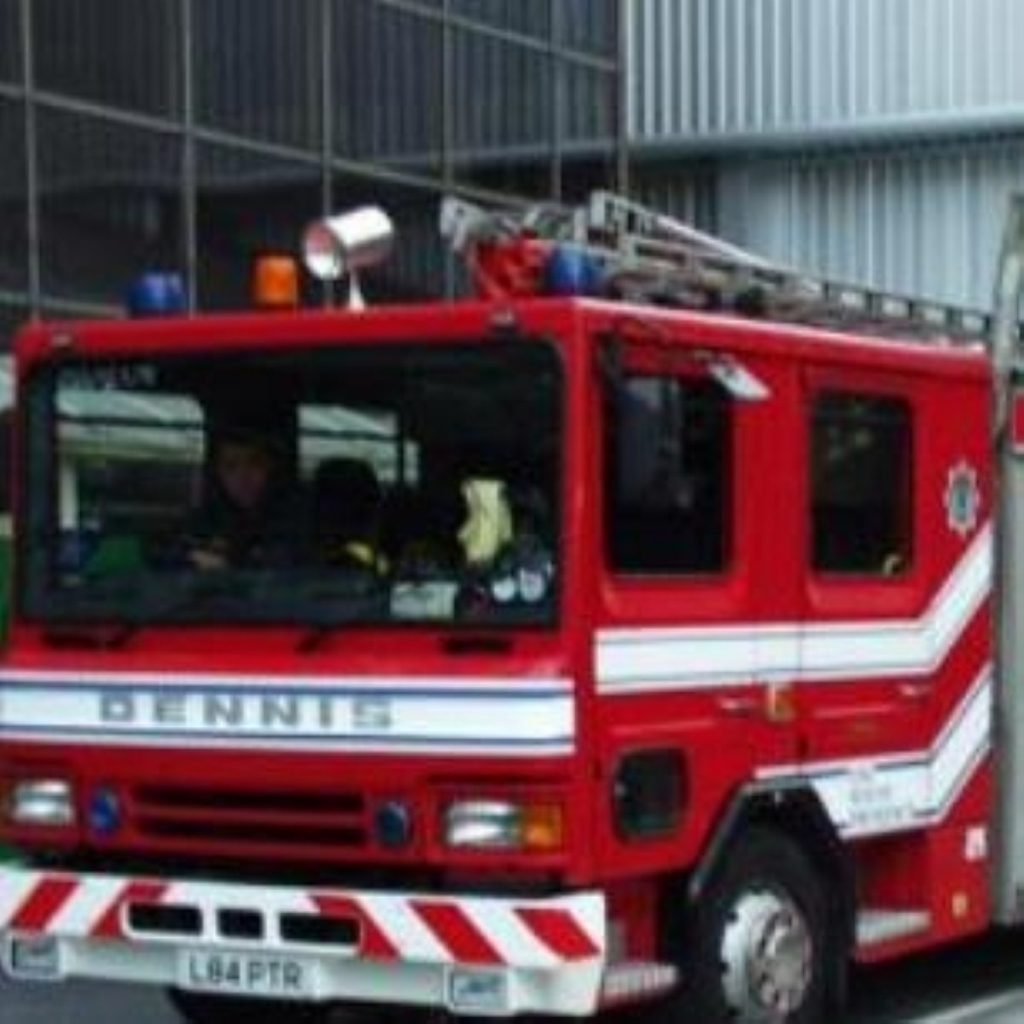Government unveils fire overhaul
Wide-ranging plans for the future of the fire service have been outlined by the Deputy Prime Minister.
In a statement to the Commons this afternoon, John Prescott insisted on the need to put safety and fire prevention at the heart of what he insisted to be a “radical” programme to deal with the dangers posed by fire and other emergencies.
Outlining the terms of the White Paper, Mr Prescott said that the fire and rescue service was essential in preventing fires and in responding quickly and effectively to fire emergencies.
He added: “It also has a much wider role that involves rescuing people from accidents, responding to environmental disasters such as flooding, and being ready to respond to the threat of terrorist incidents – which unfortunately is an increasingly important role.


Under the proposals, the Fire Service will be renamed to The Fire and Rescue Service in order to reflect its broader role. There will also be moves to review building regulations, rationalise fire safety legislation, and invest over £43m over the next three years in community fire
safety and arson reduction measures.
Personnel changes touched upon by the Deputy Prime Minister included making the service “more representative” of the community it serves, introducing multi-level entry and accelerated development schemes, and reforming and modernising the pensions system.
Ministers have dropped plans to introduce a no-strike clause in firefighters’ contracts, despite the bitter industrial action witnessed in the last nine months.
The modernisation package follow the decision of firefighters earlier this month to accept the terms of a 16% pay deal, thereby bringing an end to the long-standing dispute.
Shadow Deputy Prime Minister David Davis remarked: “In the 21st century, the fire service needs to operate in a no-strike culture. The right to strike is important, but not as important as the public’s right to life.”
And referring to the White Paper’s proposal of regional fire and rescue authorities, Mr Davis accused the Labour of ‘centralising’ regional government.
“Local communities, facing the closure of their local fire station, will not feel they have been properly consulted, if these decisions are made at a regional level”, he claimed.
“It is hard to see what the fire service in Cheshire will gain from being amalgamated with that of Cumbria.”

